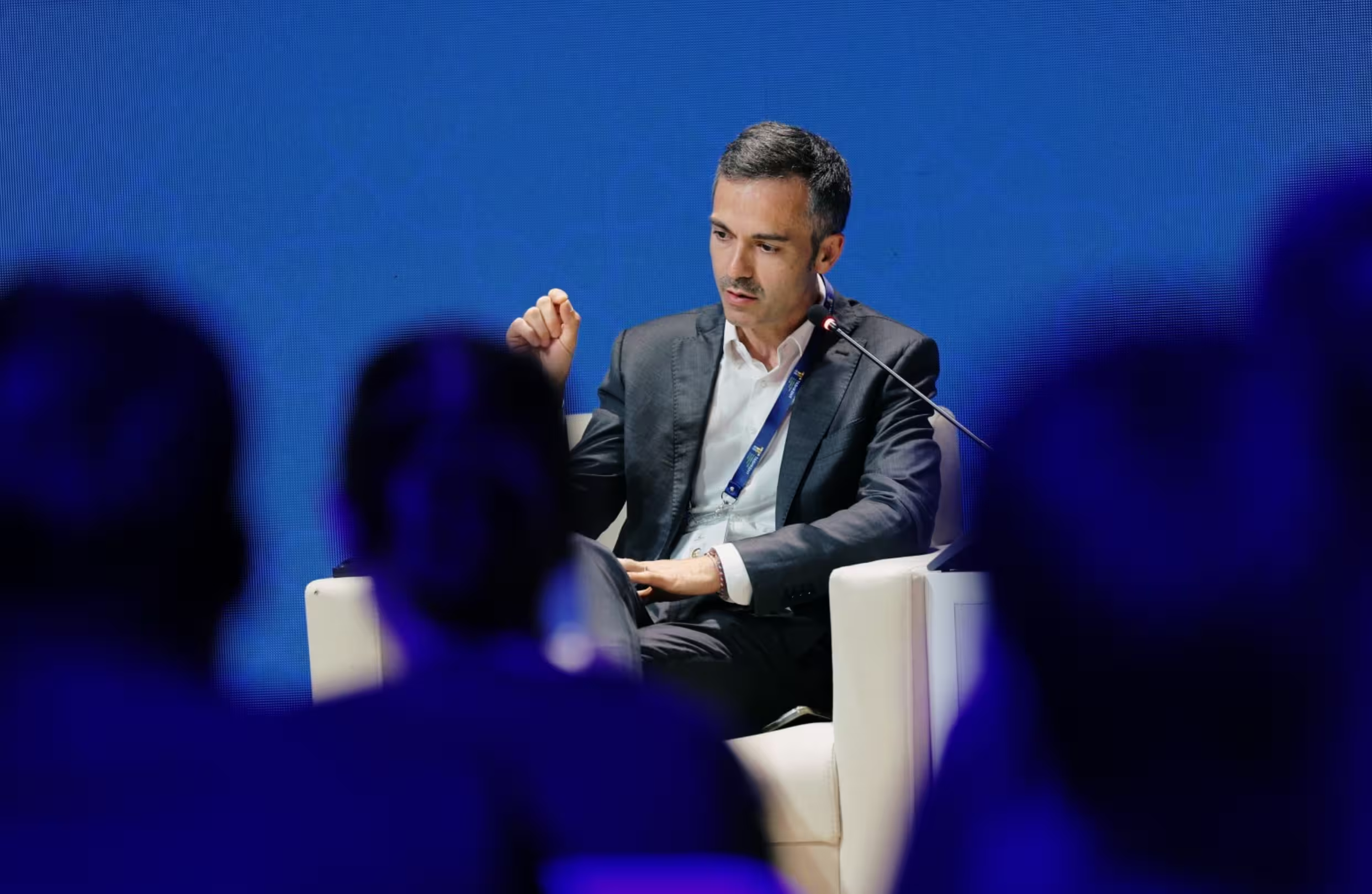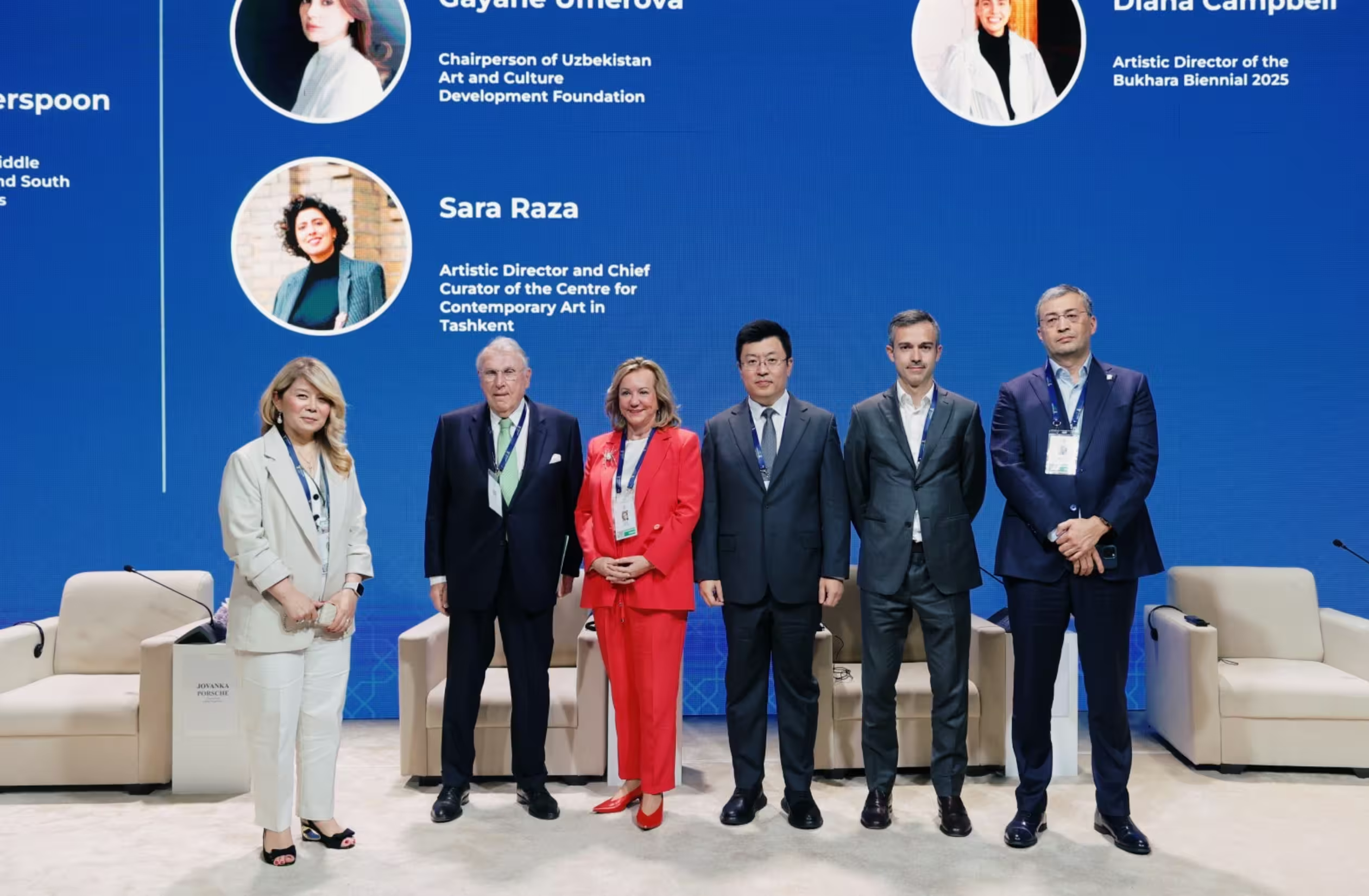Giuseppe Collino, Managing Director and Partner at Boston Consulting Group (BCG), delivered an in-depth outlook on Uzbekistan’s automotive sector at the recently held Tashkent International Investment Forum, highlighting its readiness for rapid transformation. Speaking at the panel session "Industry: Unlocking New Potential," Collino underscored the country’s structural advantages, favorable market dynamics, and the increasing momentum of electric vehicle (EV) adoption.

Uzbekistan is already a regional leader in automotive production, supported by key domestic manufacturers such as UzAuto and ADM. These players have significantly scaled up operations in recent years, creating a robust foundation for future expansion.
BCG projects that Uzbekistan’s automotive market could grow at an annual rate of around 6% through 2030. Growth will depend on key macroeconomic factors such as GDP performance, exchange rate stability, and the Central Bank’s monetary policy.
In the near term, the industry is expected to be shaped by three primary trends: rising demand for electric and hybrid vehicles (xEVs), a consumer shift toward higher-end vehicle segments, and continued interest in SUVs.
Shifting Market Dynamics and Rising Competition
According to Collino, Uzbekistan is transitioning from a supply-constrained environment to one increasingly shaped by consumer demand. This shift is attracting new players to the market — including global and regional EV brands — creating a more competitive landscape.
“The automotive industry is becoming more ecosystem-driven,” Collino explained. “It’s no longer just about traditional automakers. Collaboration across the entire value chain—from OEMs to suppliers, financial institutions, research centers, and government—is now essential.”
He emphasized the impact of new entrants that are redefining industry norms:
“They’ve changed expectations around time to market, the role of software in vehicles, and price points. They’re shaking up old assumptions — and that’s good. Competition drives progress and keeps the industry vibrant.”

Collino also highlighted the broader implications for Uzbekistan’s economy.
“Automotive isn’t just about cars. It’s about jobs, innovation, and national prosperity. It’s the kind of industry that can elevate an entire economy.”
A Strategic Opportunity for EV Leadership
Collino expressed strong optimism about Uzbekistan’s potential for electric and hybrid vehicle growth.
“We can be very bullish about xEV adoption here,” he said. “The total cost of ownership for battery electric vehicles (BEVs) is already lower than that of internal combustion engine vehicles. This is thanks to low electricity prices and zero import duties — and all this is happening without subsidies.”
He noted three key factors supporting EV expansion:
- Favorable economics – Lower operational costs make EVs attractive to consumers.
- Supportive geography – A mild climate and short commuting distances suit EV driving conditions.
- Home charging capacity – With over 70% of the population living in private homes, most drivers can conveniently charge overnight.
While EVs currently account for less than 10% of new car sales, BCG forecasts this could grow to 20–30% in the medium term, driven by economic and structural advantages.
Boston Consulting Group opened its Tashkent office in 2022 as part of its global network of over 100 offices in more than 50 countries. The firm works with government and industry leaders to address key challenges and accelerate transformational change. In Uzbekistan, BCG is contributing strategic insights to support sustainable growth across critical sectors, including automotive, energy, and technology.
Follow Daryo's official Instagram and Twitter pages to keep current on world news.
Comments (0)